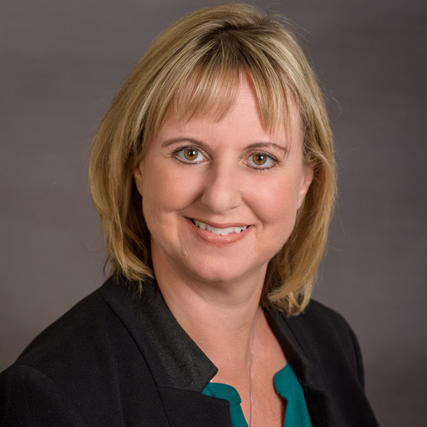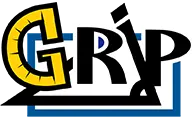Considering the Structure and Logic of Definitions and their Critical Role in Geometry Courses for Teachers
Summary:
Definitions play a crucial role in reasoning and proving in geometry, and consequently in the Geometry for Teachers (GeT) course. However, the handling of definitions in the teaching of geometry has been criticized by mathematics education researchers and mathematicians alike. The College Geometry course can therefore be an especially productive site for a course-correction by preparing future secondary mathematics teachers to incorporate knowledge about definitions and defining into their own knowledge-base and practice.
In this seminar, we’ll begin by introducing some of the challenges uncovered by our own and others’ research with respect to working with definitions in geometry. In particular, we will pay special attention to the relationship between the structure and logic of definitions and proving. Research-based activities that have been used to develop specific competencies for proving in geometry will be shared, and some affordances of using such activities within the GeT course will be discussed.
Registration Closed
Duration: 60 minutes
Format: Online seminar via Zoom web meeting software with questions and discussion. Detailed instructions for joining the seminar will be emailed to registered participants.
Presenter:

Michelle Cirillo is a Professor in the Department of Mathematical Sciences at the University of Delaware. She received her PhD from Iowa State University in 2008 after working as a high school mathematics teacher in NY for 8 years. Currently, Michelle prepares future teachers to teach secondary mathematics and partners with classroom teachers on research projects that make progress on problems of practice. She is particularly interested in classroom discourse, the teaching and learning of mathematical processes, such as proving and modeling, and teachers’ use of curriculum materials.
